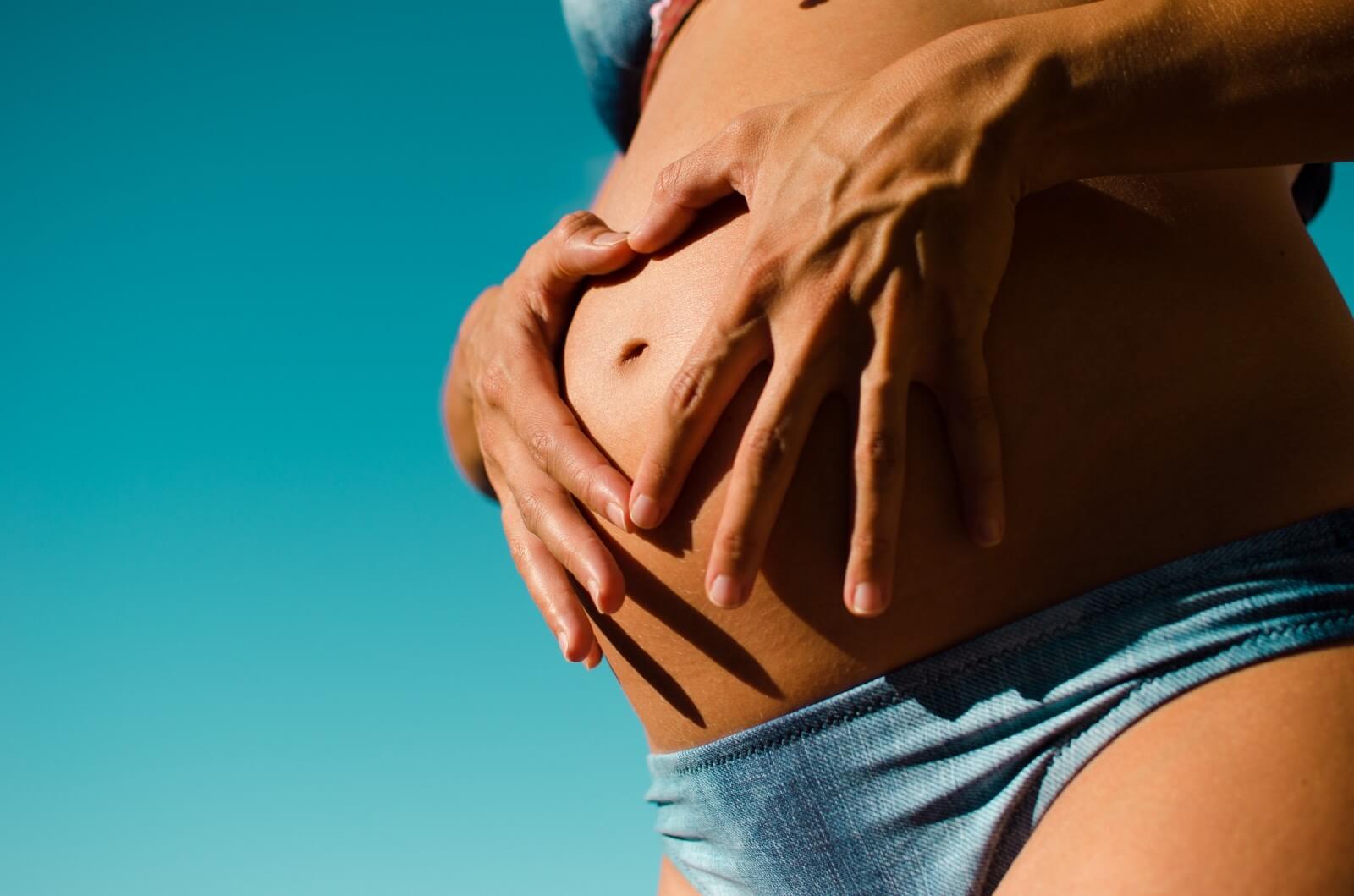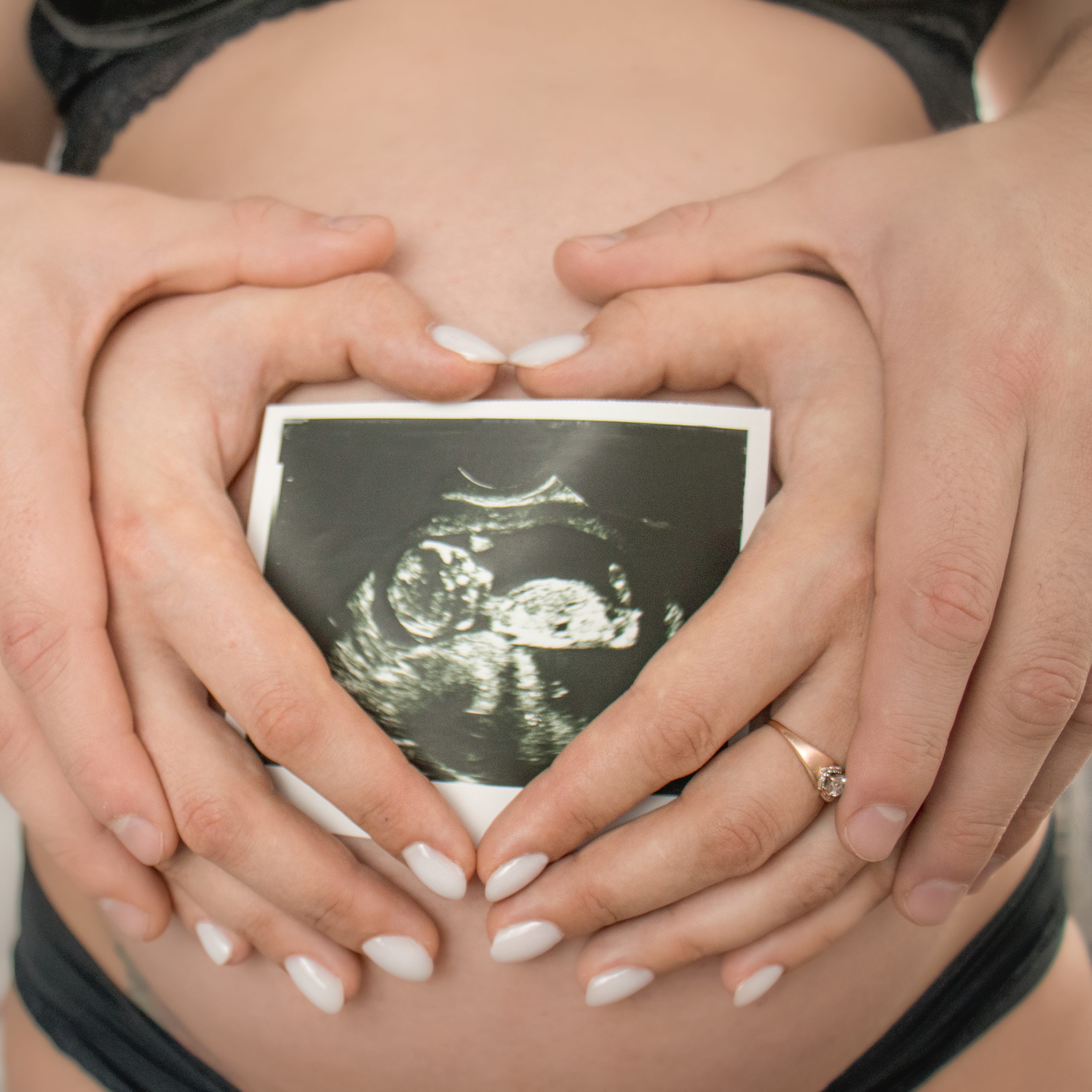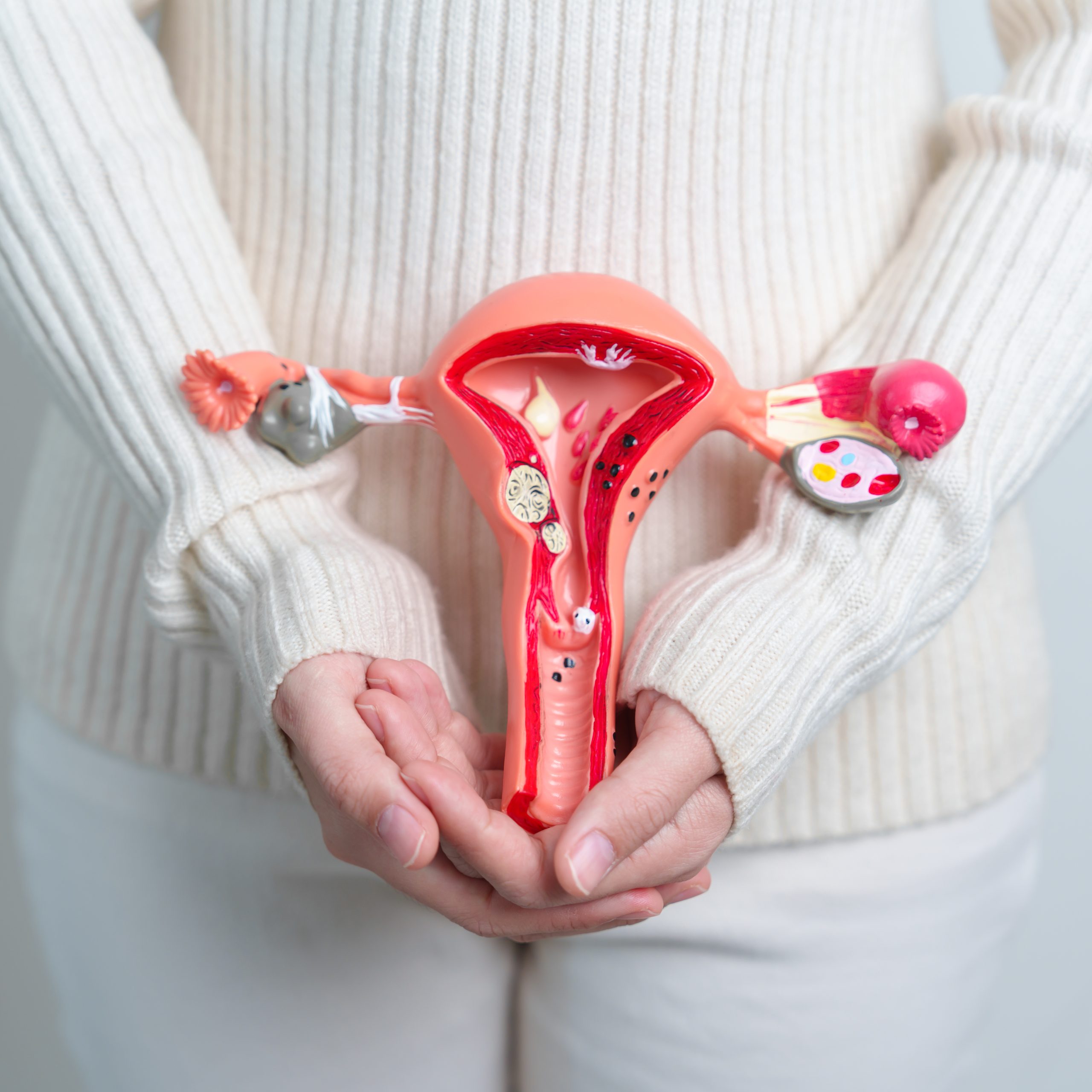My entire body itches and I can not stop scratching.
“My hands itch. My feet itch. Even my hair even itches.”
We hear these words from pregnant women. Itching in pregnancy is very common. Many pregnant women stress out, wondering if itching is normal or a sign of danger for the baby.
Most itching in pregnancy is normal and harmless.
The expanding belly stretches the skin, which triggers dryness and irritation. Although annoying, this itching is common and not harmful.
Here are some tips to help with calm the itch:
- Don’t scratch! It is tempting, but it will irritate the skin even more.
- Wear loose clothing — natural fabrics like cotton are preferable.
- Moisturize often. Use fragrance-free and colorless lotions/balms/butter.
- Take a bath. Use cool water, or take an oatmeal bath.
- Sooth. Calamine lotion and Vitamin E oil can be very soothing.
- Consider a humidifier. This can keep the skin from drying out.
What is PUPPPs (pruritic urticarial papules and plaques of pregnancy)?
PUPPs is a common pregnancy rash that causes itchy red patches that appear around stretch marks. The rash can spread to the thighs, legs, and arms. PUPPPs typically occurs toward the end of pregnancy when the enlarging abdomen is stretching the skin. This frustrating condition is not harmful to your baby. It will resolve almost immediately after giving birth. Topical steroid cream may provide some relief.
Intrahepatic Cholestasis of Pregnancy
Cholestasis of pregnancy is a serious and often overlooked complication of pregnancy. This liver condition results from chemicals called bile acids. Bile acids usually flow from your liver to your digestive system. In cholestasis, they build up in the body and deposit under the skin. These deposits lead to severe itching.
Women with this cholestasis typically complain of unrelenting, total body itching as cholestasis is not contained to one area of the body. The miserable itching tends to be worse at night and can cause difficulty sleeping. Your Obgyn will monitor the pregnancy closely as cholestasis is associated with an increased risk of stillbirth.

A medication called Ursodiol may be prescribed to decrease bile acid levels and relieve the symptoms. This medication does not reduce the overall risk to the pregnancy. Delivery is usually recommended prior to the due date to keep the mom and baby safe.
Thank you to BeingWell for publishing this article on Medium.
Blog By: Dr. Andrea Arguello
Blog Photo By: Ignacio Campo on Unsplash











